Rock legends who influenced the stars of today
Rock and roll has always been more than just music; it’s a cultural phenomenon. From the rebellious spirit it inspires to the groundbreaking sounds that define each era, rock legends have shaped not only the music industry but also societal norms.
These artists have left an indelible mark on our collective consciousness, influencing everything from fashion to politics. Their timeless appeal continues to resonate with new generations, proving that their legacy is as alive today as ever.
The Unforgettable Legacy of Elvis Presley
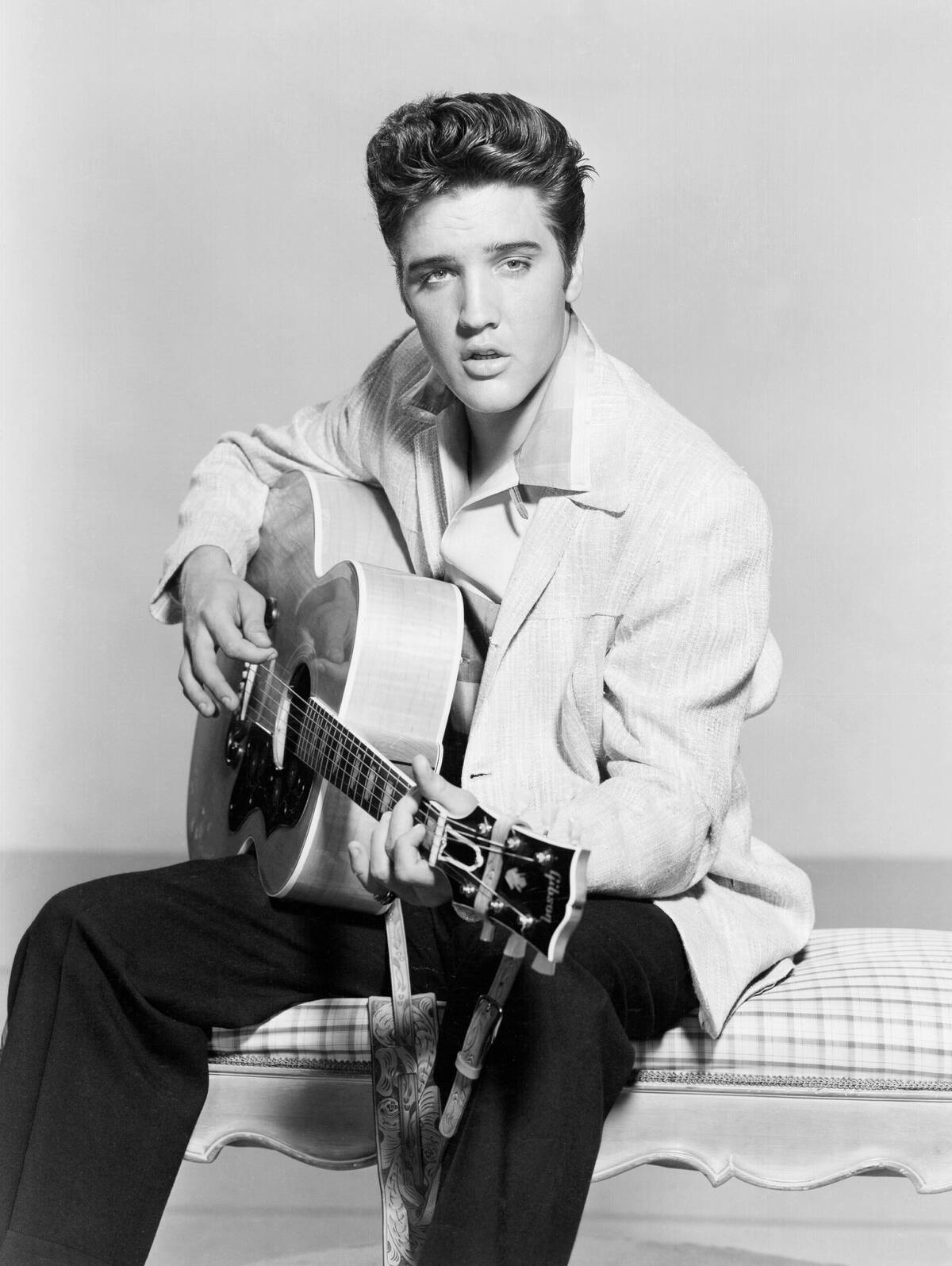
Elvis Presley, often hailed as the ‘King of Rock and Roll,’ revolutionized the music scene in the 1950s. With his charismatic stage presence and groundbreaking fusion of rhythm and blues, country, and gospel, Elvis captured the hearts of millions.
His debut album, Elvis Presley, topped the Billboard chart in 1956, making him a household name. Beyond his music, his iconic style and rebellious persona challenged societal norms and paved the way for future rock stars.
How The Beatles Revolutionized Music and Culture
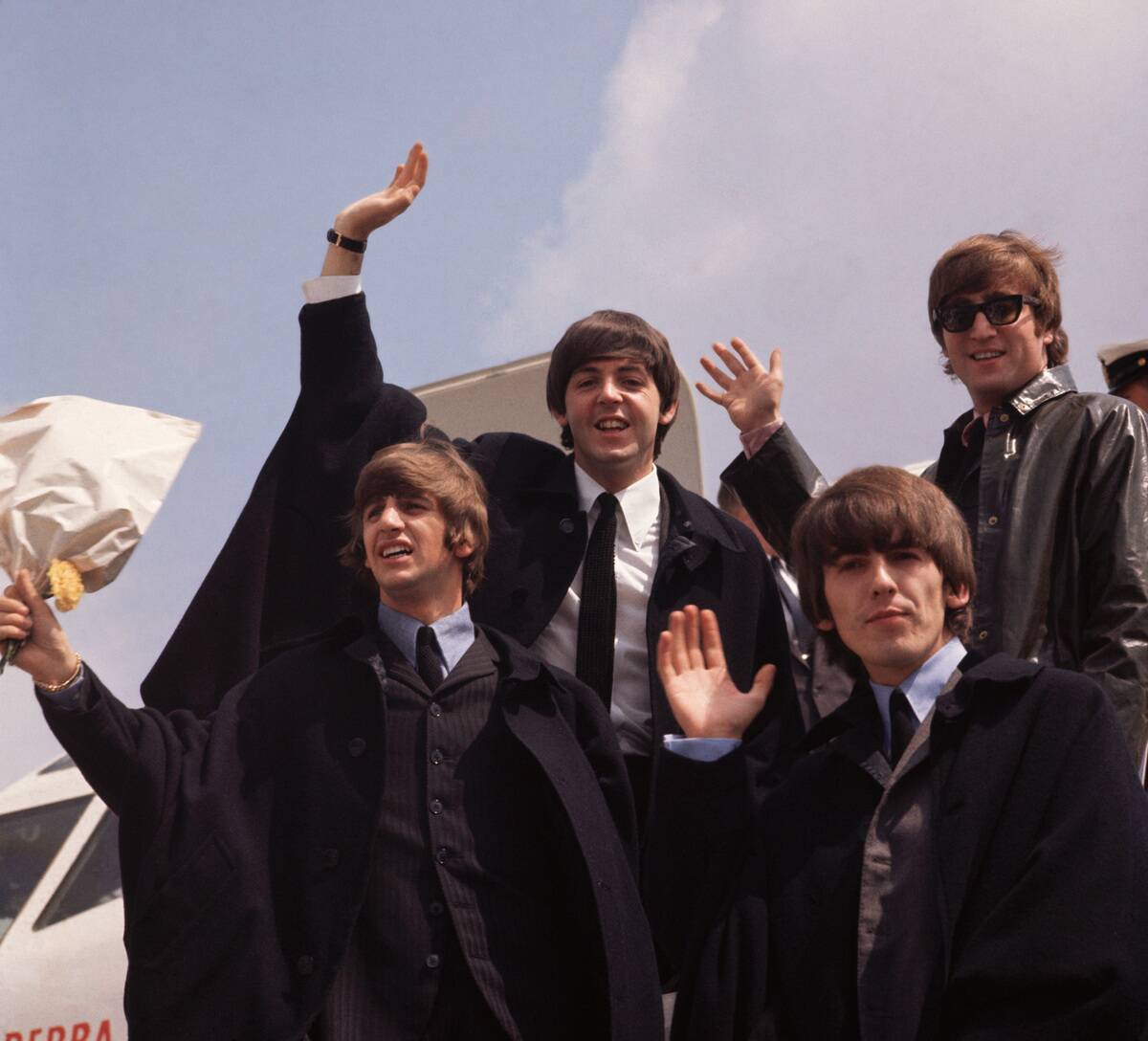
The Beatles, hailing from Liverpool, England, forever changed the music landscape in the 1960s. Their innovative approach to songwriting and studio production techniques set new standards in the industry.
Albums like Sgt. Pepper’s Lonely Hearts Club Band showcased their creativity and solidified their status as musical pioneers. Beyond music, The Beatles influenced fashion and culture, sparking the ‘British Invasion’ and leaving a lasting impact on fans worldwide.
Bob Dylan: The Poet Who Changed Rock Music
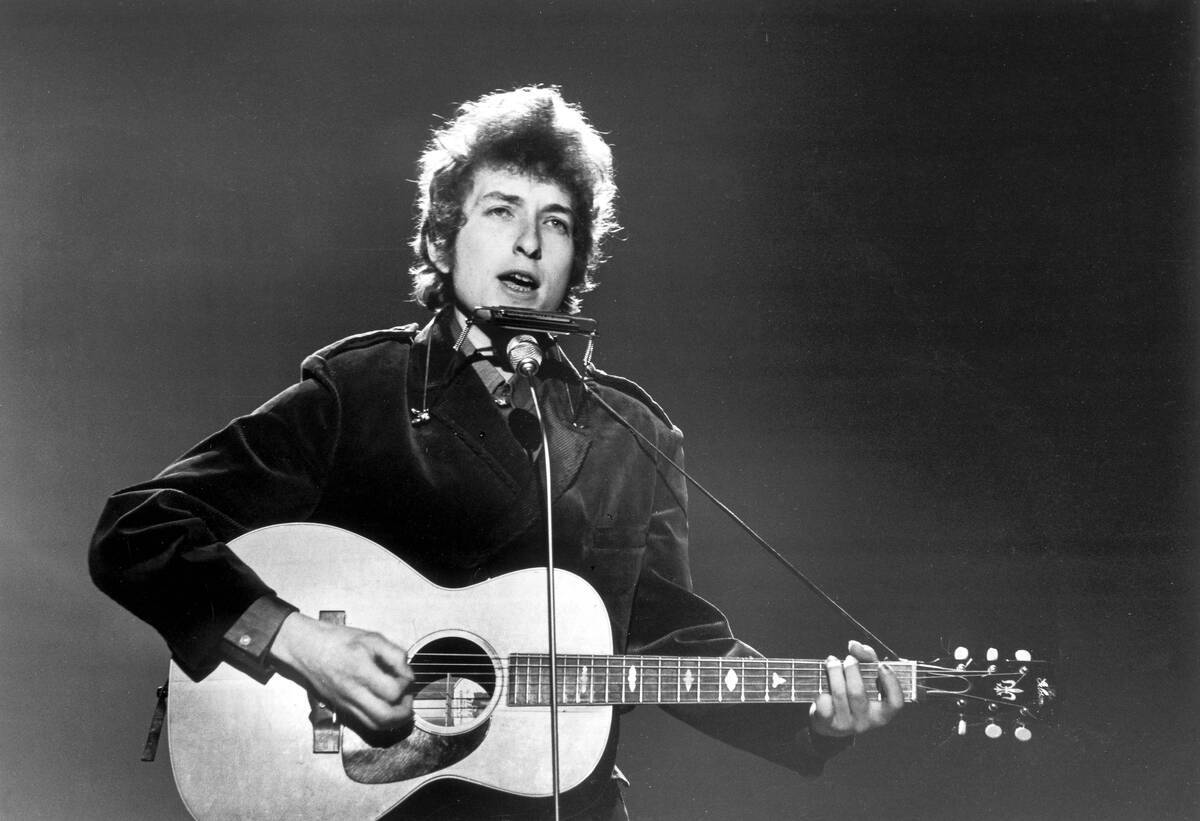
Bob Dylan’s songwriting prowess earned him the title of rock’s greatest poet. With lyrics that tackled social and political issues, Dylan brought a new depth to rock music, even at the cost of backlash that suggested he abandoned his folk roots.
His 1965 hit “Like a Rolling Stone” broke the mold of conventional song length and structure, proving that rock could be both popular and profound. Dylan’s influence extended beyond music; his songs became anthems for the civil rights and anti-war movements of the 1960s.
Jimi Hendrix: The Guitar Virtuoso Who Redefined Sound
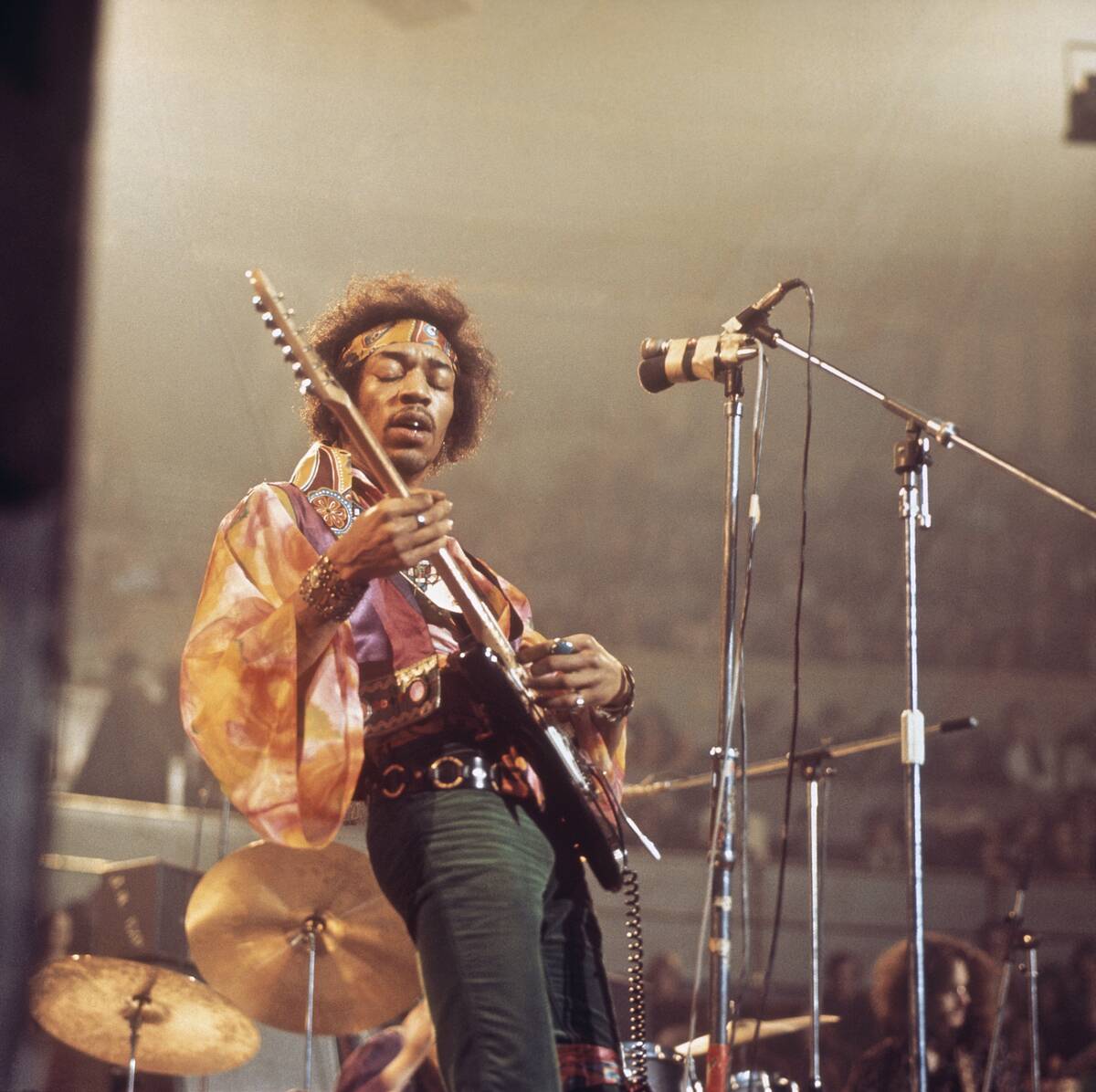
Jimi Hendrix is often regarded as one of the greatest guitarists in rock history. Through his innovative use of the electric guitar, Hendrix transformed the instrument into a tool for sonic exploration.
His landmark performance at the 1969 Woodstock Festival, where he played “The Star-Spangled Banner” with psychedelic flair, remains iconic. Hendrix’s experimental sound and charismatic stage presence left an indelible mark on rock music, influencing countless musicians.
Led Zeppelin: The Architects of Hard Rock
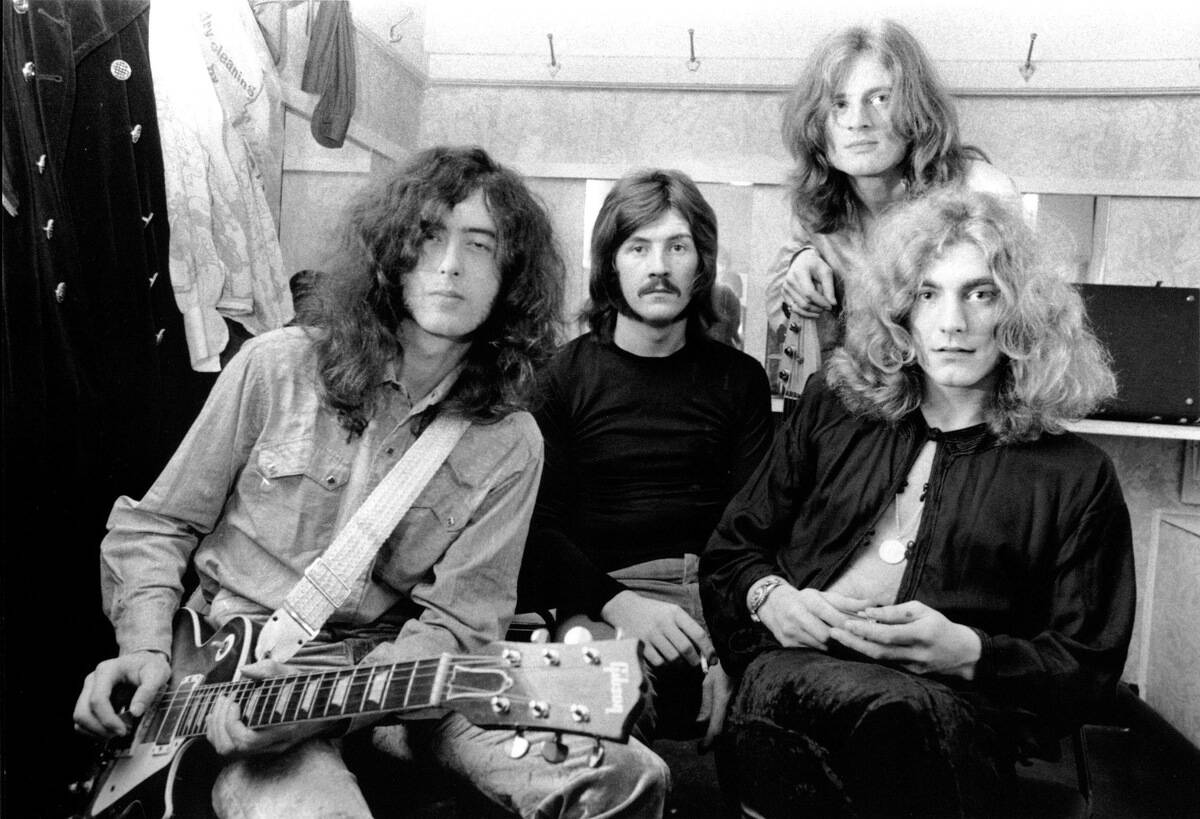
Led Zeppelin’s fusion of blues, folk, and hard rock set the stage for the rise of heavy metal. Formed in 1968, the band quickly gained fame with their powerful sound and electrifying live performances.
Songs like “Stairway to Heaven” and “Whole Lotta Love” showcased their musical versatility and technical prowess. Led Zeppelin’s influence extends far beyond their era, inspiring generations of rock bands and earning them a lasting legacy in rock history.
The Rolling Stones: The Epitome of Rock ‘n’ Roll
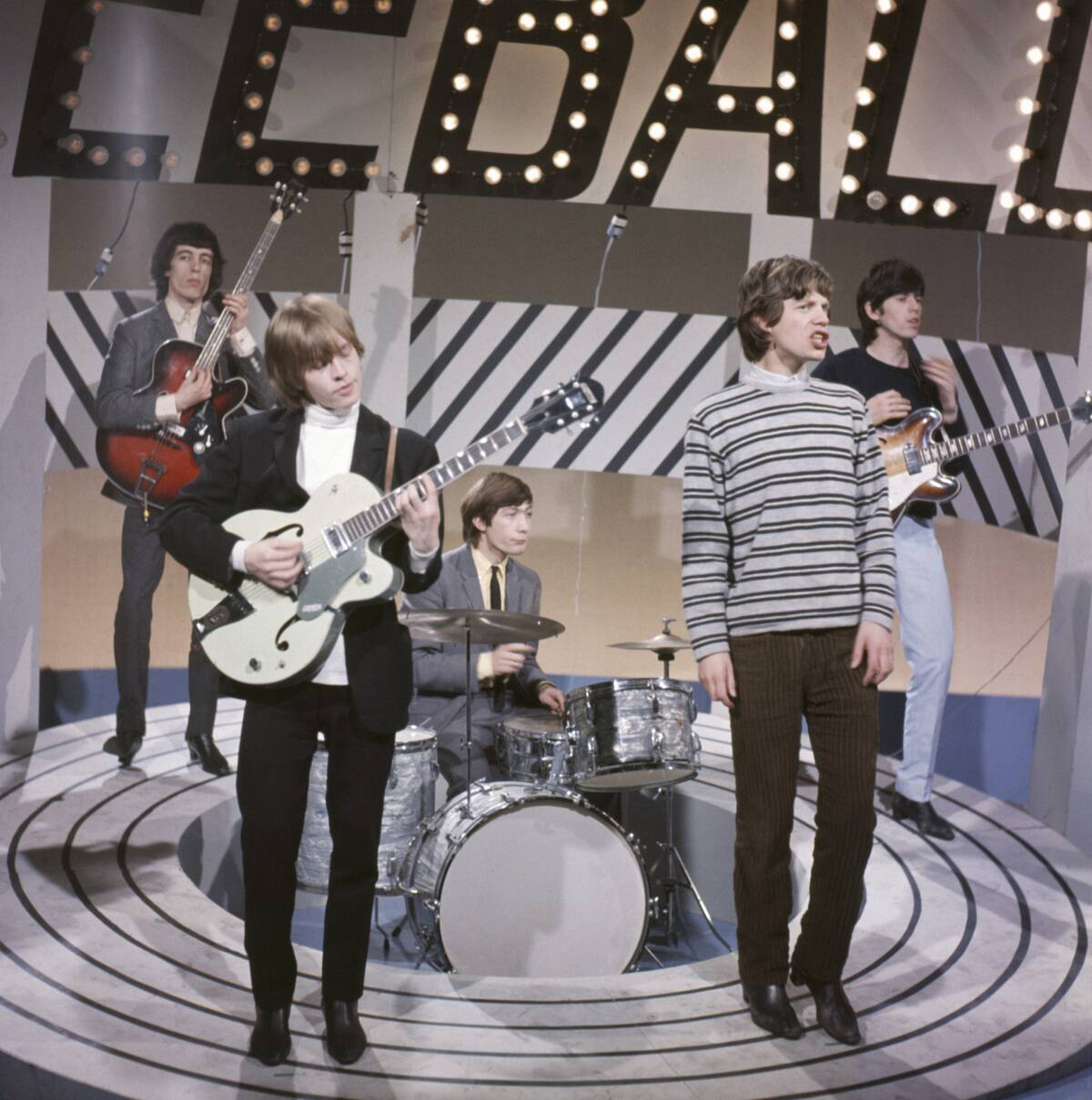
The Rolling Stones have embodied rock ‘n’ roll’s rebellious spirit for over six decades. Known for their energetic live shows and enduring hits like “Satisfaction” and “Paint It Black,” the Stones have maintained a consistent presence in the music world.
Their blues-influenced sound and charismatic frontman Mick Jagger’s dynamic stage presence have made them icons. Even today, the Rolling Stones continue to tour, captivating audiences with their timeless rock energy.
David Bowie: The Chameleon of Rock and His Impact

David Bowie was a master of reinvention, constantly evolving his persona and musical style. From Ziggy Stardust to the Thin White Duke, Bowie’s theatricality and boundary-pushing artistry redefined rock and pop music.
His 1972 album The Rise and Fall of Ziggy Stardust and the Spiders from Mars propelled him to stardom, influencing fashion and music alike. Bowie’s impact stretches beyond his music, as he challenged norms and inspired countless artists with his visionary creativity.
Queen: Innovators of Theatrical Rock
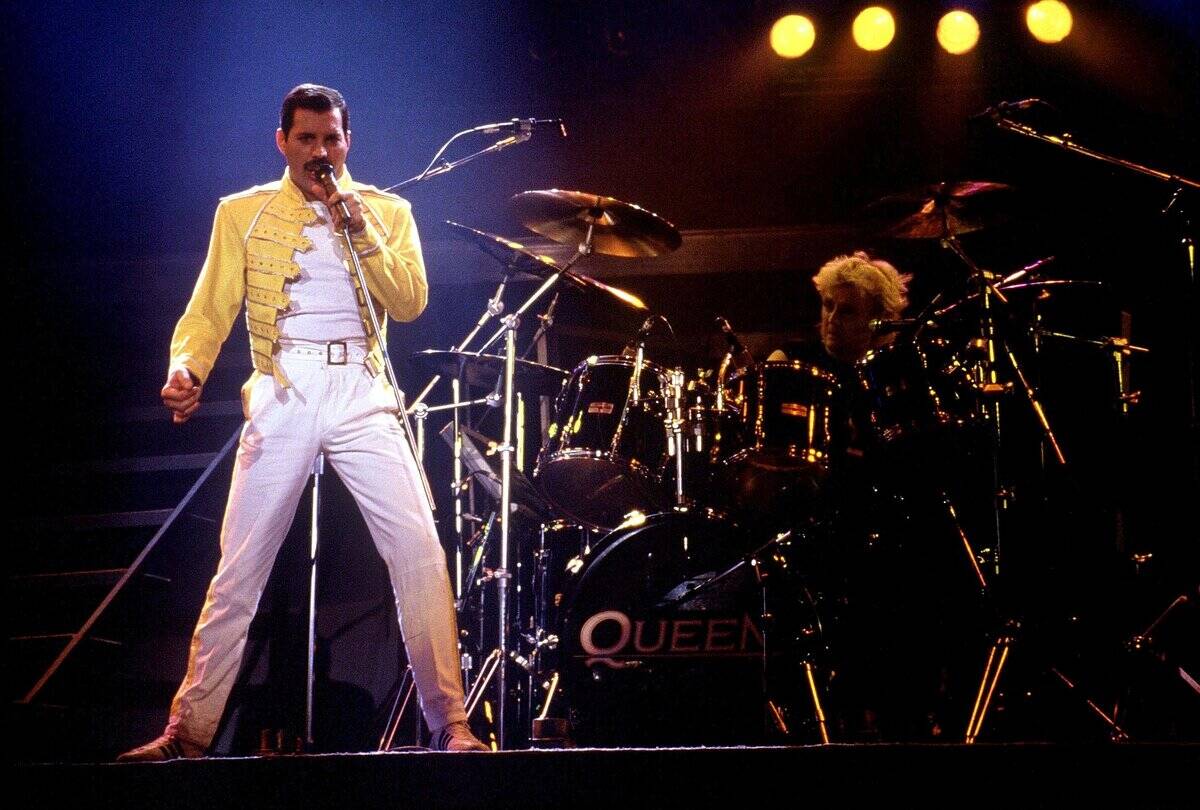
Queen’s fusion of rock, opera, and theatrical flair created a unique sound that captivated audiences worldwide. Led by the charismatic Freddie Mercury, the band produced timeless hits like “Bohemian Rhapsody” and “We Will Rock You,” showcasing their musical versatility.
Known for their electrifying live performances, Queen’s influence on rock is immeasurable. Their ability to blend various genres and create anthems that resonate with fans of all ages solidifies their place in rock history.
The Velvet Underground: Pioneers of Alternative Rock
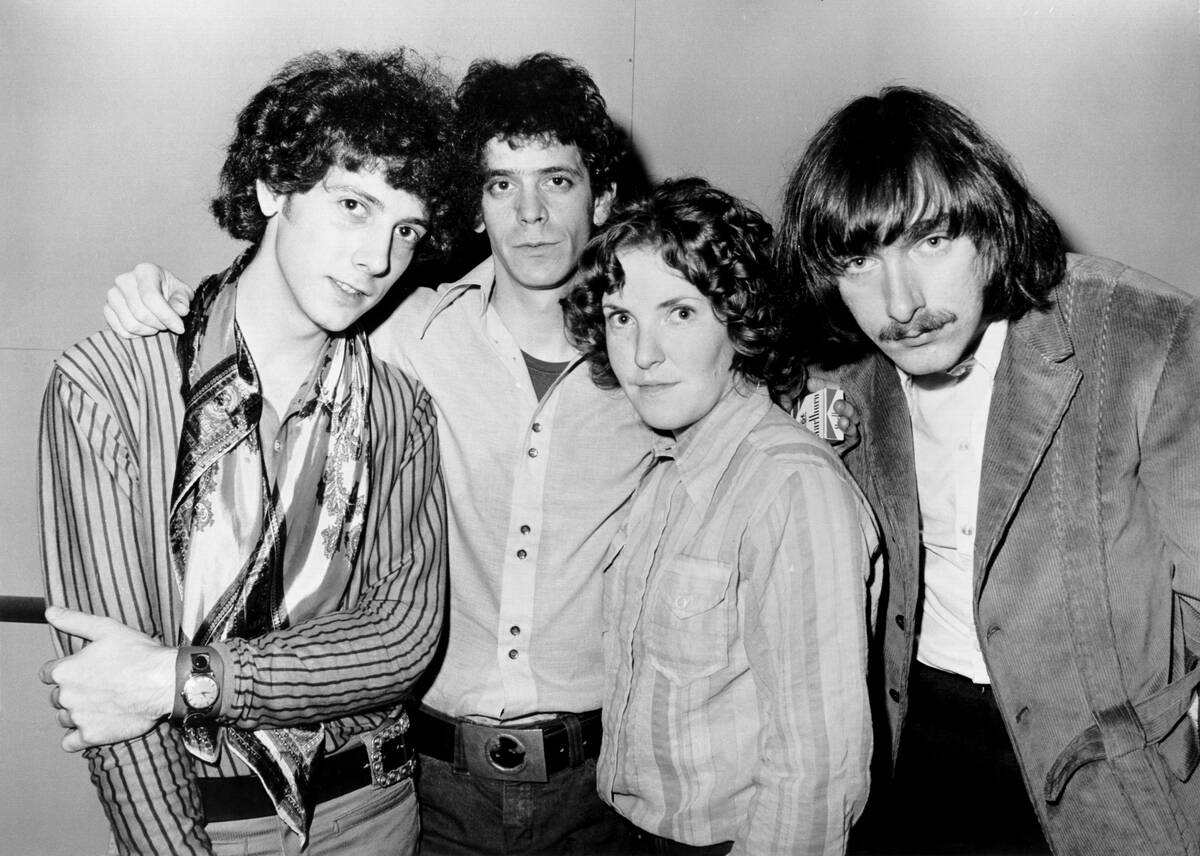
The Velvet Underground, though not commercially successful initially, became one of the most influential bands in rock history. Their raw, experimental sound and avant-garde approach broke new ground in the music industry.
Songs like “Heroin” and “Venus in Furs” tackled unconventional themes, setting the stage for alternative and indie rock movements. The band’s association with artist Andy Warhol and their impact on future musicians underscore their lasting legacy in rock.
Fleetwood Mac: Crafting Timeless Harmonies
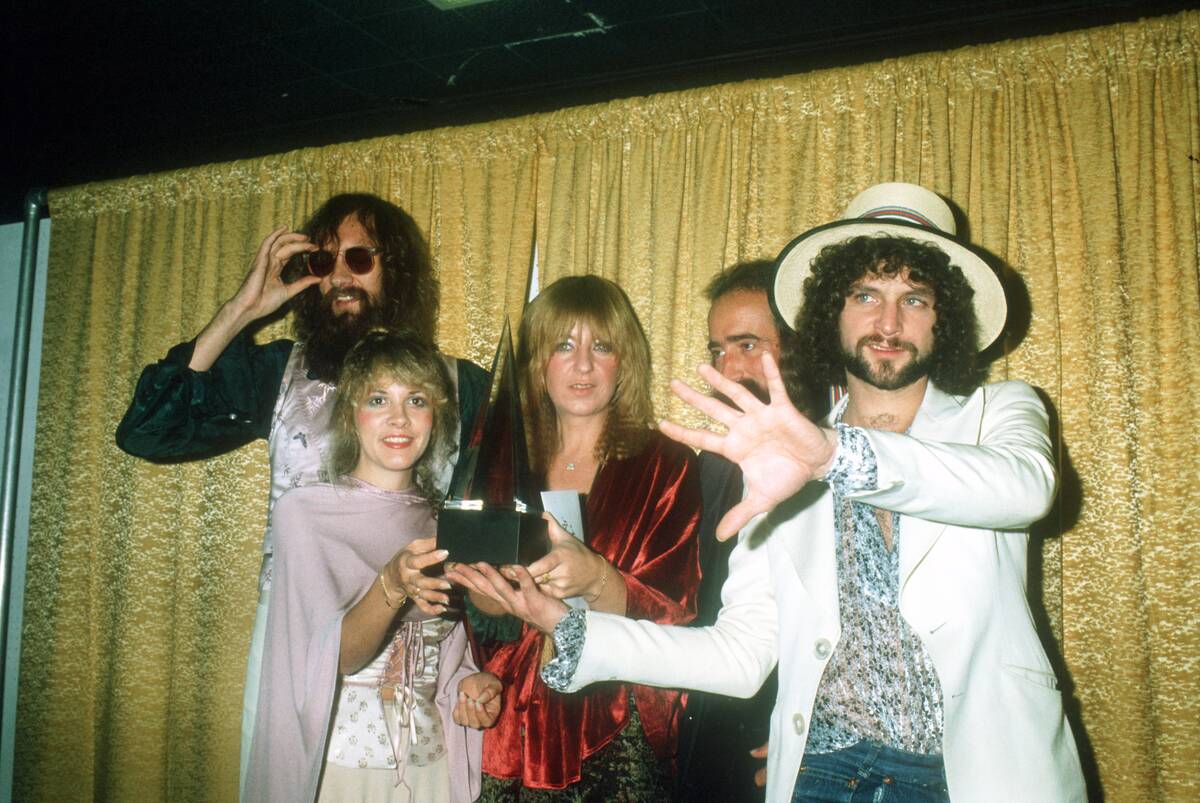
Fleetwood Mac’s harmonious blend of rock and pop produced some of the most enduring hits in music history. Their 1977 album Rumours is one of the best-selling albums of all time, featuring classics like “Go Your Own Way” and “Dreams.”
The band’s intricate harmonies and emotional lyrics resonated with audiences, solidifying their status as rock icons. Fleetwood Mac’s ability to evolve their sound while maintaining their signature style has ensured their music’s timeless appeal.
Pink Floyd: The Masters of Psychedelic Rock
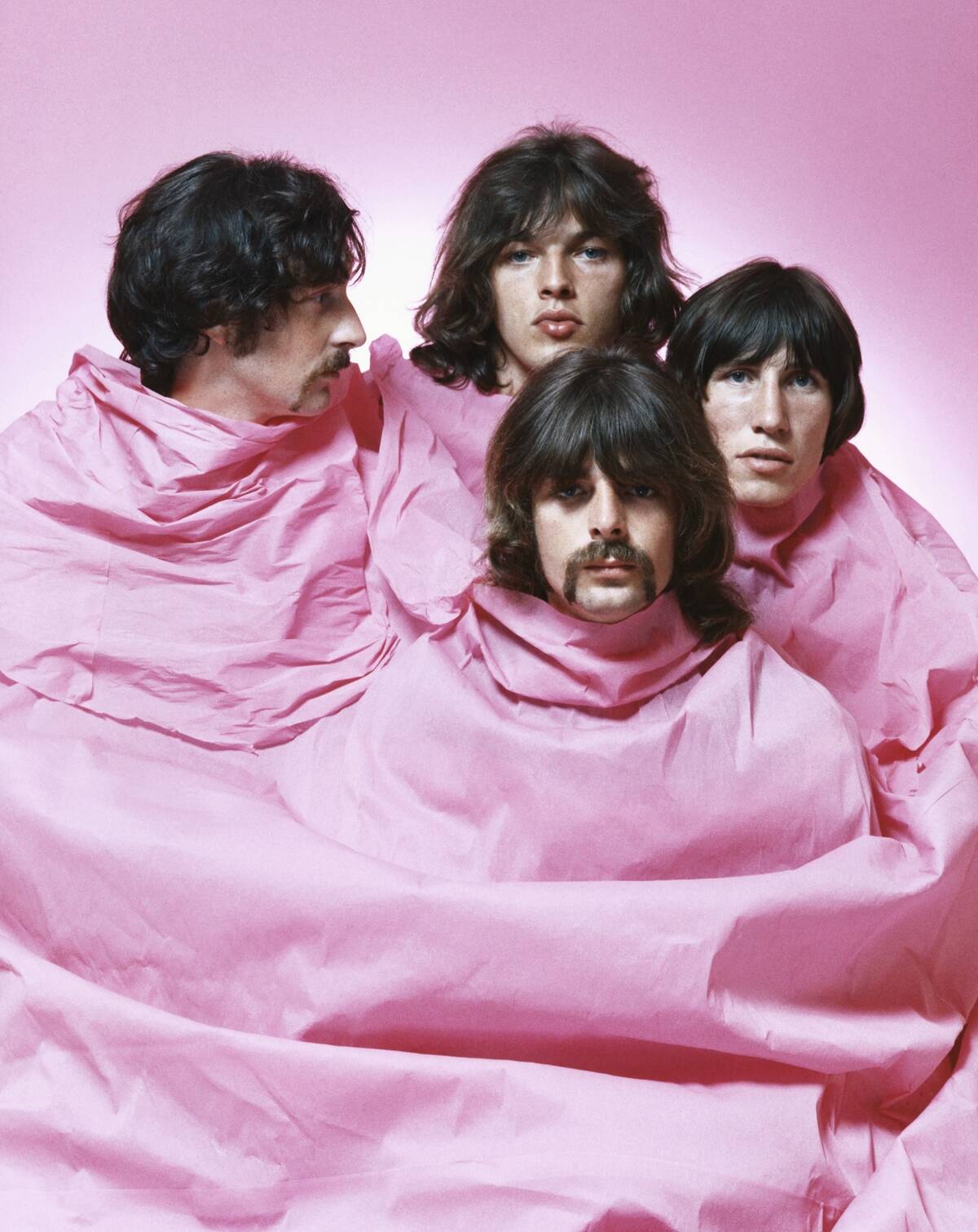
Pink Floyd’s innovative approach to music and live performances has left an indelible mark on rock history. Known for their conceptual albums and elaborate stage shows, Pink Floyd pushed the boundaries of psychedelic rock.
Albums like The Dark Side of the Moon and The Wall are celebrated for their sonic experimentation and thematic depth. Pink Floyd’s influence extends beyond music, as their visual and auditory artistry continue to inspire new generations of musicians and fans.
The Clash: Defining Punk Rock’s Edge
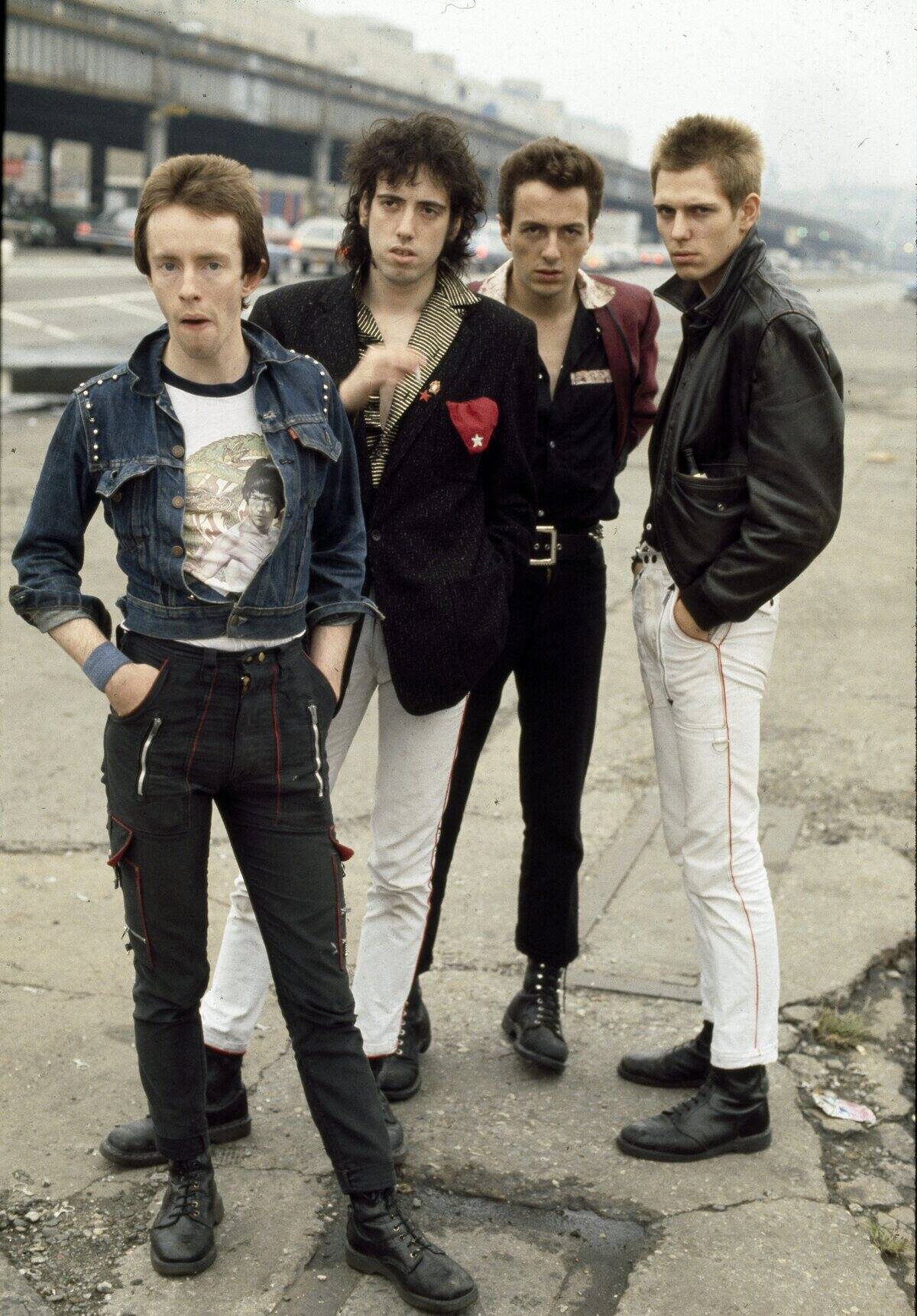
The Clash emerged as one of the most influential punk rock bands of the late 1970s. With their politically charged lyrics and energetic sound, they challenged the status quo and inspired change.
Albums like London Calling and Combat Rock offered a blend of punk, reggae, and rock, showcasing their versatility. The Clash’s rebellious spirit and commitment to social justice have made them enduring icons of punk rock, influencing countless bands that followed.
Nirvana: Grunge Icons Who Shaped a Generation

Nirvana’s meteoric rise in the early 1990s brought grunge music and culture into the mainstream. Led by frontman Kurt Cobain, the band’s raw sound and introspective lyrics resonated with a disillusioned generation.
Their 1991 album Nevermind, featuring hits like “Smells Like Teen Spirit,” became a cultural phenomenon. Nirvana’s impact on music and popular culture was profound, as they challenged traditional rock norms and paved the way for alternative rock’s dominance.
U2: Melding Activism with Anthemic Rock
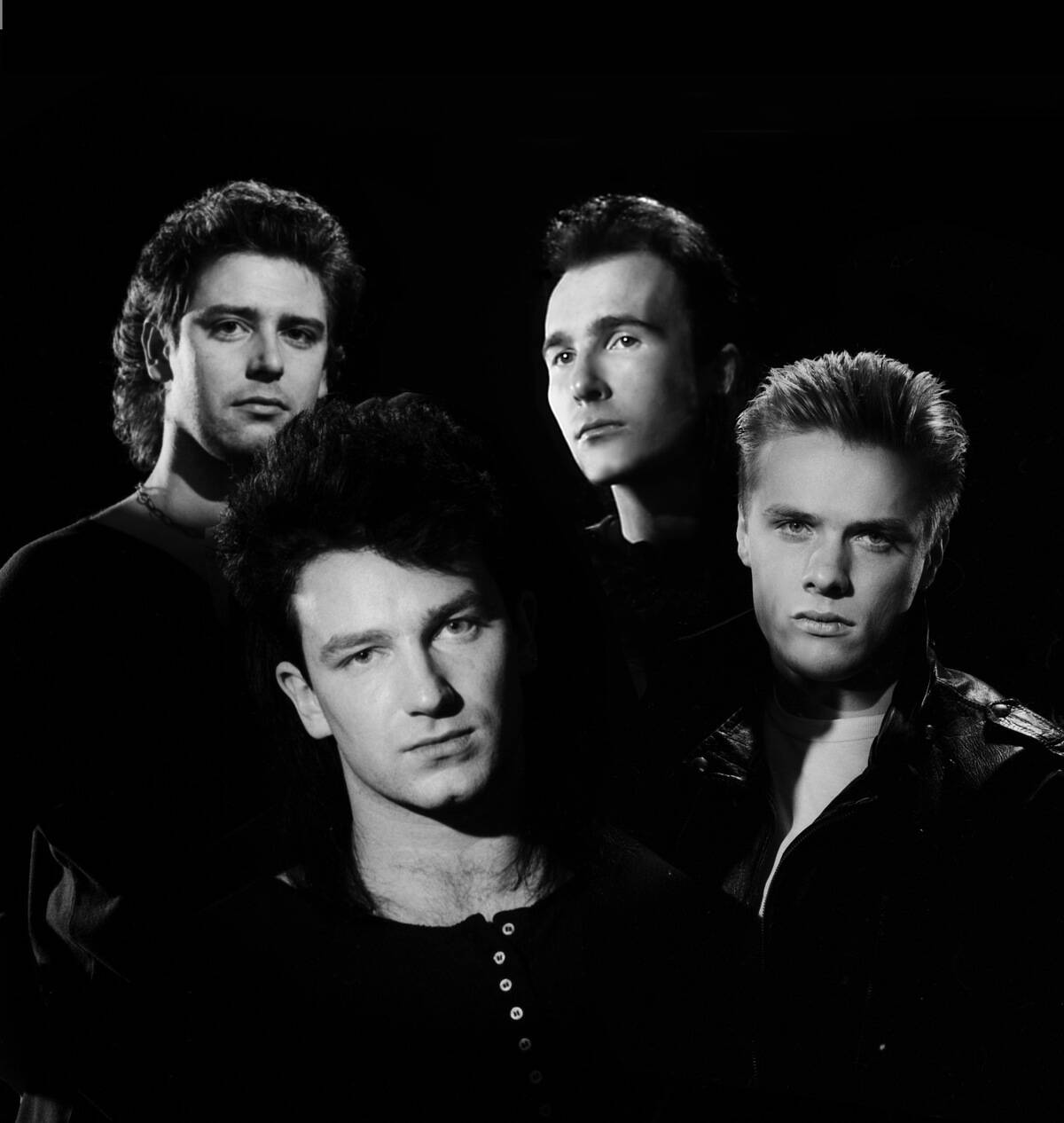
U2’s unique blend of anthemic rock and social activism has earned them a lasting legacy in the music world. With Bono’s impassioned vocals and The Edge’s distinctive guitar sound, U2 created a signature style that resonated with fans worldwide.
Albums like The Joshua Tree and Achtung Baby showcased their ability to craft powerful songs with meaningful messages. U2’s commitment to humanitarian causes and their influence on rock music make them a band that transcends generations.
Black Sabbath: The Forefathers of Heavy Metal
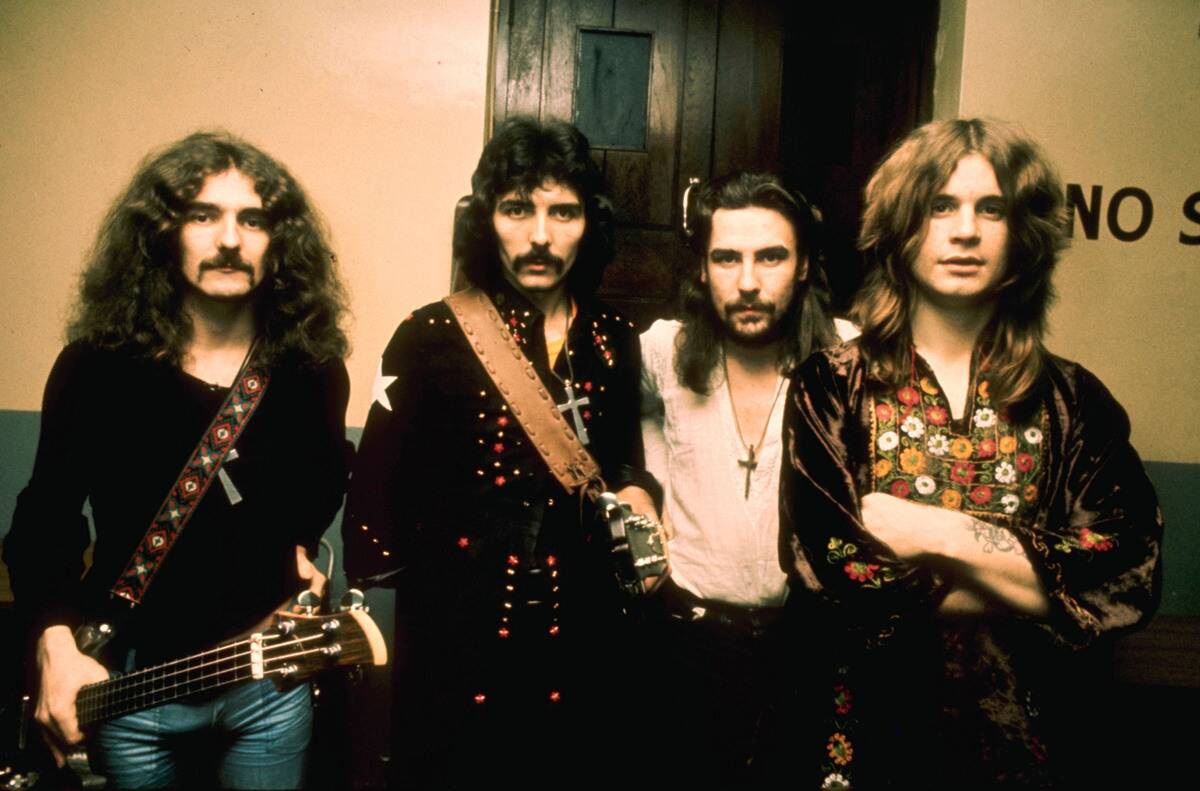
Black Sabbath’s dark, heavy sound and ominous lyrics laid the foundation for heavy metal music. Formed in Birmingham, England, in 1968, the band quickly gained a following with their self-titled debut album.
Hits like “Paranoid” and “Iron Man” showcased their groundbreaking sound, characterized by Tony Iommi’s iconic guitar riffs and Ozzy Osbourne’s haunting vocals. Black Sabbath’s influence on the heavy metal genre is immeasurable, inspiring countless bands that followed in their footsteps.
The Eagles: Shaping the Sound of Classic Rock
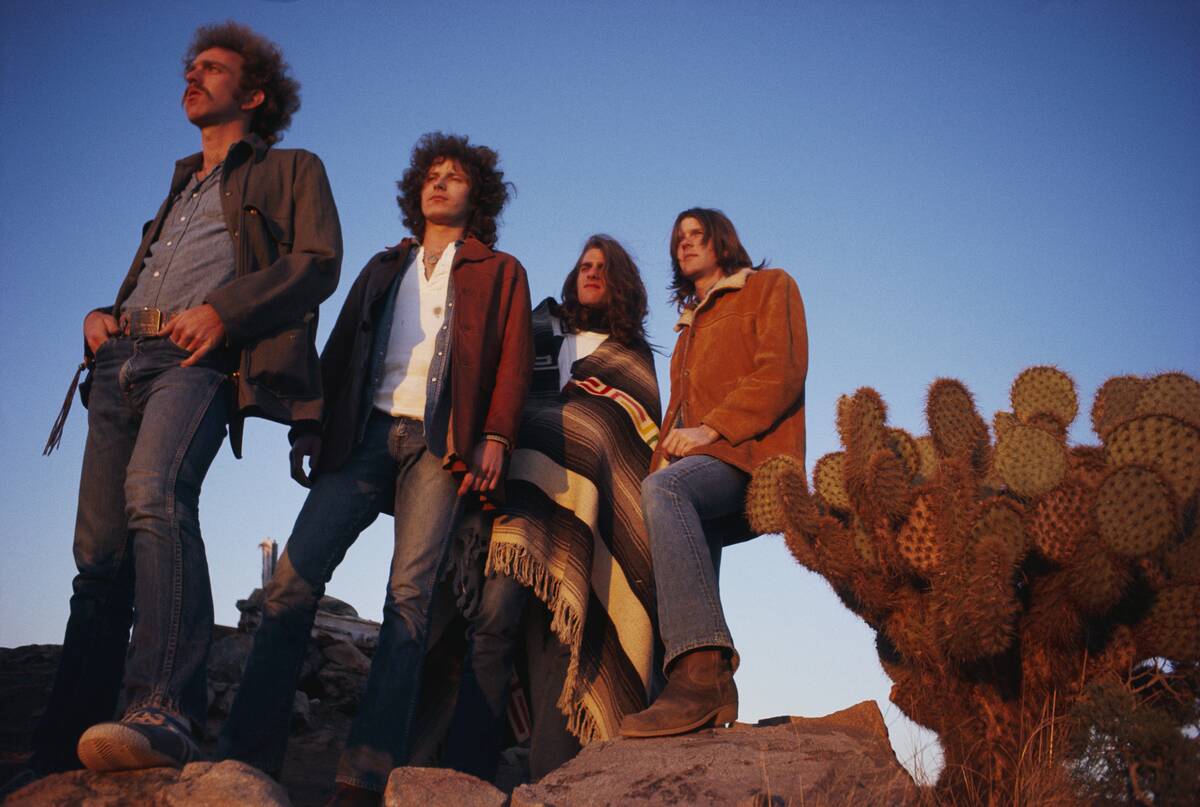
The Eagles’ blend of rock, country, and folk created a signature sound that defined the classic rock era. With harmonious vocals and intricate guitar work, the band’s music resonated with audiences worldwide.
Their 1976 album Hotel California remains one of the best-selling albums of all time, featuring timeless hits like the title track and “New Kid in Town.” The Eagles’ ability to craft memorable melodies and storytelling lyrics has ensured their enduring place in rock history.
AC/DC: Electrifying Rock Anthems
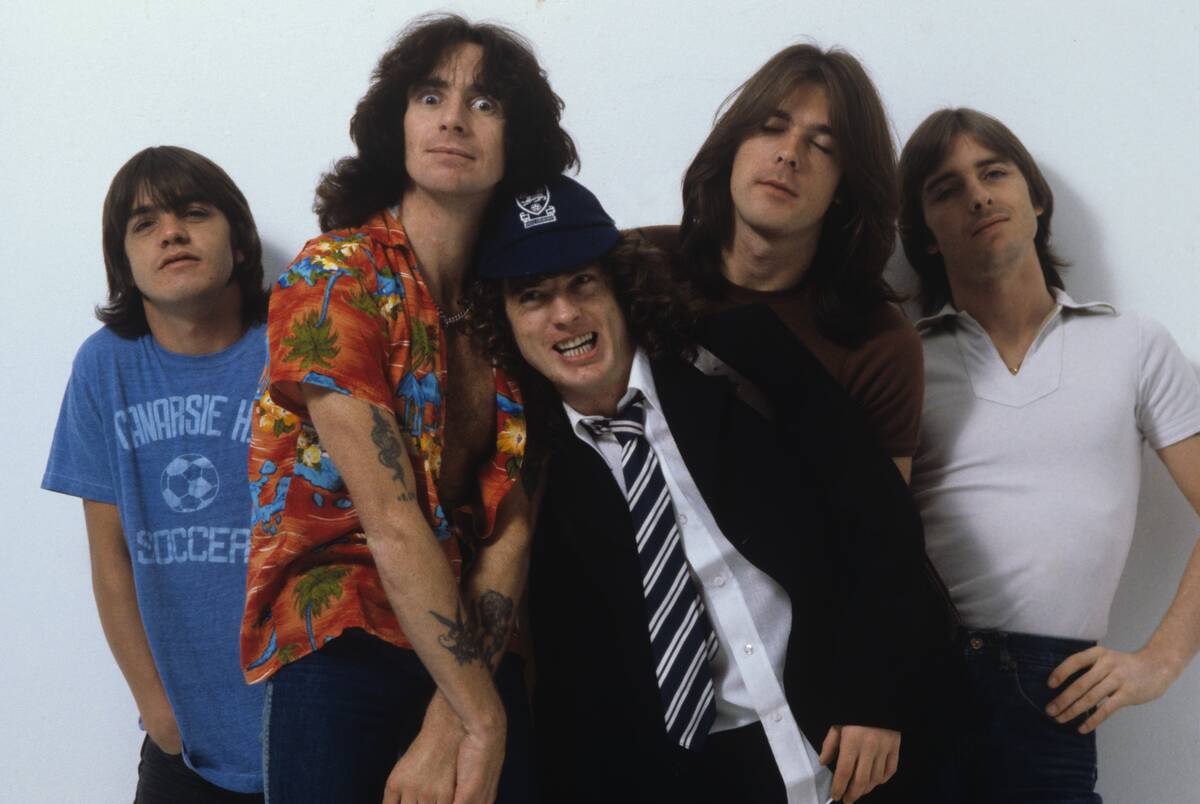
AC/DC’s high-energy rock anthems and electrifying performances have made them one of the most iconic bands in rock history. Known for their powerful guitar riffs and catchy choruses, the band has produced hits like Back in Black and Highway to Hell.
AC/DC’s no-frills approach to rock music and their commitment to delivering hard-hitting performances have earned them a devoted fan base. Their influence on rock music is undeniable, as they continue to inspire new generations of rockers.
Bruce Springsteen: The Voice of the Working Class
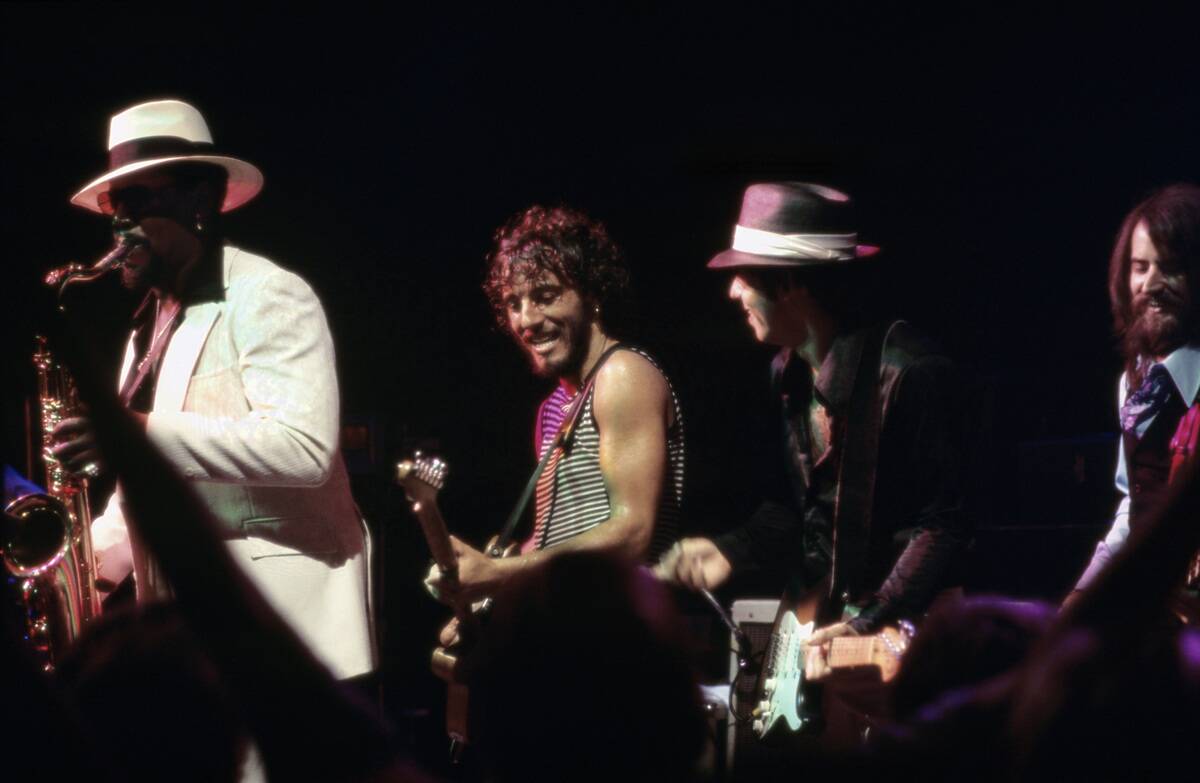
Bruce Springsteen, known as “The Boss,” has long been celebrated for his storytelling lyrics and heartland rock sound. With songs like “Born to Run” and “Thunder Road,” Springsteen captures the struggles and dreams of everyday people.
His live performances are legendary for their energy and emotional depth, solidifying his status as a rock icon. Springsteen’s ability to connect with audiences through his music and lyrics has made him a beloved figure in the rock world.



